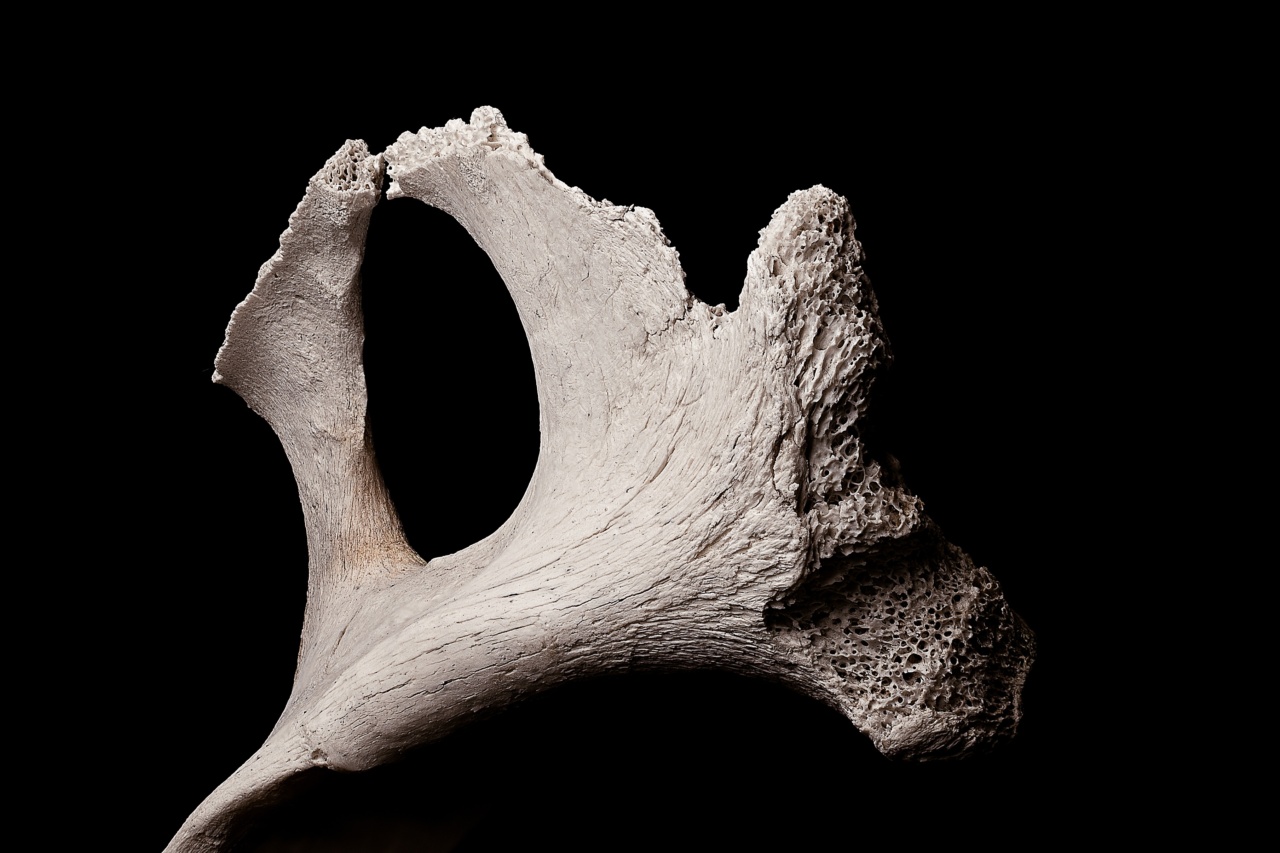Bone loss is a common problem that affects millions worldwide. It often results from the body’s inability to produce enough bone tissue, leading to conditions such as osteoporosis.
While traditional methods of treating bone loss have involved hormone replacement therapy and calcium supplements, new research has emerged, indicating the potential of probiotics in preventing bone loss. This article aims to provide a comprehensive review of the recent literature on the topic and explore the effects of probiotics on bone loss.
What Are Probiotics?
Probiotics are live microorganisms that are introduced into our bodies to promote good health. They are mostly found in foods such as yogurt, pickles, and sauerkraut.
While their primary function is to support gut health, new studies show that probiotics may also improve bone health.
How Do Probiotics Promote Bone Health?
Probiotics work by modulating the immune system and reducing inflammation in the body. Inflammation is a key factor in bone loss, causing an increase in bone resorption, leading to a decrease in bone density.
By reducing inflammation, probiotics may help to prevent bone loss.
Probiotics also improve the absorption of calcium in the gut, an essential mineral that makes up bone tissue. Calcium is vital for building strong bones and teeth, and a lack of it can lead to bone loss and osteoporosis.
By improving calcium absorption, probiotics may help prevent bone loss and maintain bone density.
Studies on the Effects of Probiotics on Bone Loss
Several studies have investigated the effects of probiotics on bone health, with promising results. In a study conducted on rats, supplementation of probiotics was shown to increase bone mineral density and reduce the risk of bone loss.
Another study conducted on humans found that taking a probiotic supplement for four weeks increased bone density in the lower back and hip.
Another study explored the benefits of consuming probiotic-fermented milk on bone health in postmenopausal women.
The results showed that after 12 weeks of consumption, there were significant improvements in bone mineral density compared to the control group. The researchers concluded that regular consumption of probiotic-fermented milk could provide a natural and safe way to prevent bone loss in postmenopausal women.
Conclusion
The use of probiotics to prevent bone loss and osteoporosis is a relatively new area of research, but the findings have been promising so far.
While more studies are needed to fully understand the mechanisms behind probiotics’ effects on bone health, early research shows that probiotic supplementation and fermented foods could be a natural and safe way to prevent bone loss. As with all supplements, it is important to speak with a healthcare professional before starting probiotics to determine if they are appropriate for you.































